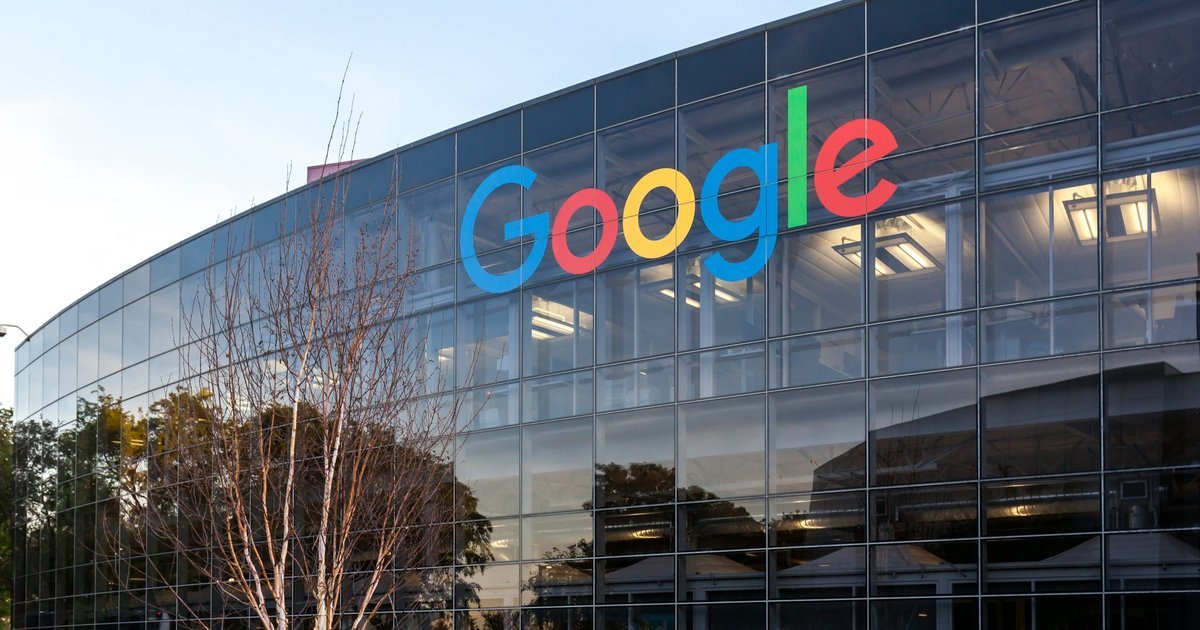Google Inc., now a subsidiary of Alphabet Inc., stands as a cornerstone of the technology industry, profoundly influencing how people interact with information, technology, and each other. Founded in September 1998 by Larry Page and Sergey Brin while they were Ph.D. students at Stanford University, Google began as a search engine aimed at organizing the world's information and making it universally accessible and useful. From its humble beginnings in a garage in Menlo Park, California, Google has grown into a global technology titan, reshaping industries and setting new standards for innovation.

Central to Google's success is its revolutionary search engine. Utilizing a proprietary algorithm called PageRank, named after co-founder Larry Page, Google's search engine quickly outperformed competitors by delivering more relevant results. This focus on user experience and relevance catapulted Google to the forefront of the search engine market. Over the years, Google has continuously refined its search algorithms, incorporating advancements in artificial intelligence and machine learning to enhance its search capabilities. Today, Google processes over 3.5 billion searches per day, a testament to its enduring value and trust among users worldwide.
Beyond search, Google has diversified its portfolio through strategic acquisitions and in-house innovation. In 2006, Google acquired YouTube, now the world's leading video-sharing platform, providing a massive boost to its content ecosystem. Google also entered the mobile operating system market with Android, which has become the most widely used mobile OS globally. The company's hardware ventures include the development of the Google Pixel smartphones, Google Home smart speakers, and the Chromecast streaming devices, all of which integrate seamlessly with Google's software services. These endeavors underscore Google's commitment to creating a cohesive ecosystem that enhances user convenience and connectivity.

Google's influence extends to the realms of cloud computing and artificial intelligence. Google Cloud Platform (GCP) offers a suite of cloud computing services that compete with industry leaders like Amazon Web Services (AWS) and Microsoft Azure. GCP provides scalable infrastructure, machine learning tools, and data analytics capabilities, empowering businesses to innovate and scale efficiently. In AI, Google's advancements are exemplified by products like Google Assistant, an AI-powered virtual assistant, and DeepMind, a subsidiary focused on artificial general intelligence. These technologies not only improve Google's services but also drive broader advancements in the AI field.
Despite its achievements, Google has faced significant challenges and scrutiny. Regulatory bodies worldwide have investigated Google's business practices, particularly concerning antitrust issues and data privacy. Critics argue that Google's dominance in search and online advertising stifles competition and raises concerns about user data security. In response, Google has implemented various measures to address these concerns, such as enhancing user privacy controls and increasing transparency in its operations. These efforts reflect Google's ongoing commitment to maintaining user trust while navigating the complexities of its expansive influence.
In summary, Google Inc. has evolved from a simple search engine into a multifaceted technology powerhouse, continually pushing the boundaries of innovation. Its products and services have become integral to daily life for billions of people, influencing how we search, communicate, and interact with technology. As Google continues to innovate and expand its horizons, it remains a pivotal player in shaping the future of technology and information access







